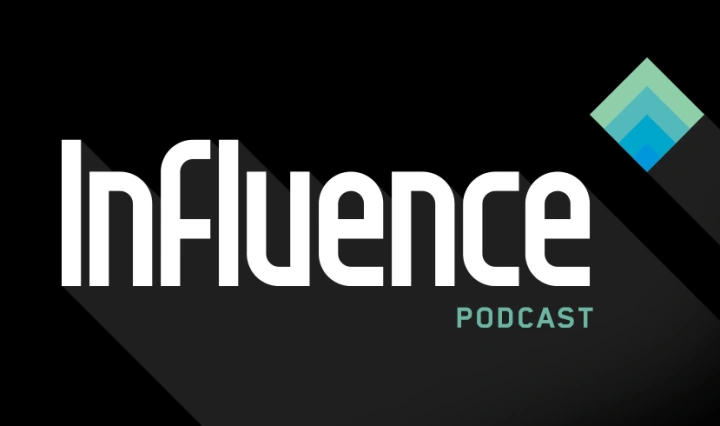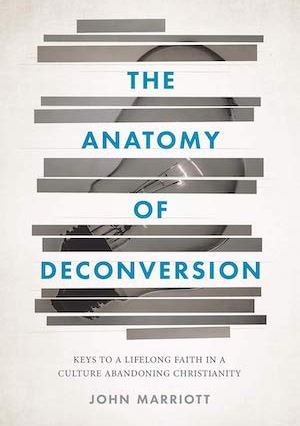What we know influences how we live. For example, I know that my father’s side of the family has a history of heart disease. I also know that my weight, diet, and exercise regime will either exacerbate whatever genetic predisposition I have toward heart disease or alleviate it. So, I choose to lose weight, eat healthy, and exercise regularly. What I know influences how I live. The interplay between knowledge and behavior takes center stage in 1 Corinthians 8:1–11:1, where Paul argues with the Corinthians about food sacrificed to idols. To a significant degree, Paul agrees with the Corinthians’ theology—what … Continue reading What We Believe about God and Idols (1 Corinthians 8:4–6)



